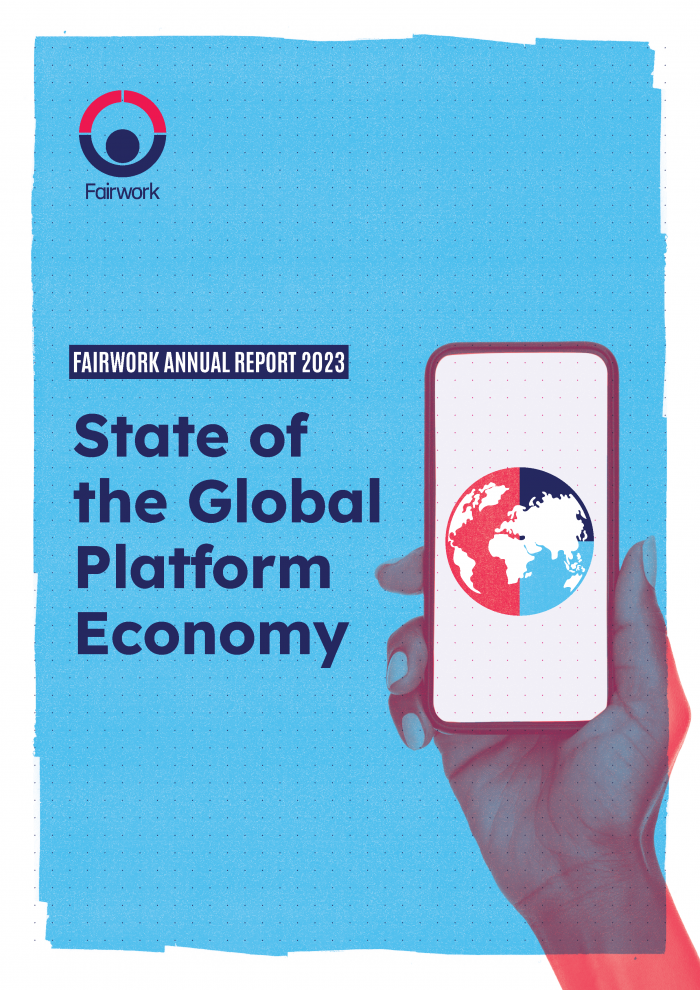

The Serbian platform economy has grown substantially since it first became a feature of the economic landscape in 2006. Driven by the arrival of food delivery, ride-hailing and domestic work platforms at first, and later the arrival of larger, international businesses, this growth has been appreciated by workers to a reasonable degree because of the flexibility of the work on offer, and the barriers facing young people attempting to enter the formal economy.
However, the employment model of many platforms depends on third-parties offering “partnership agreements” – workers are either classed as self-employed, or they are hired through intermediaries. In consequence, workers are often not protected by existing labour rights meaning they are unable to access unemployment benefits, paid sick and annual leave and maternity / paternity benefits.
The 2022 report by the Fairwork Serbia team examines the working conditions at six platform companies: Glovo, Wolt, CarGo, Mr.D and Uradi-zaradi. Despite some advances since the Serbia 2021 ratings, there is clearly substantial room for improvement in working conditions across all platforms.